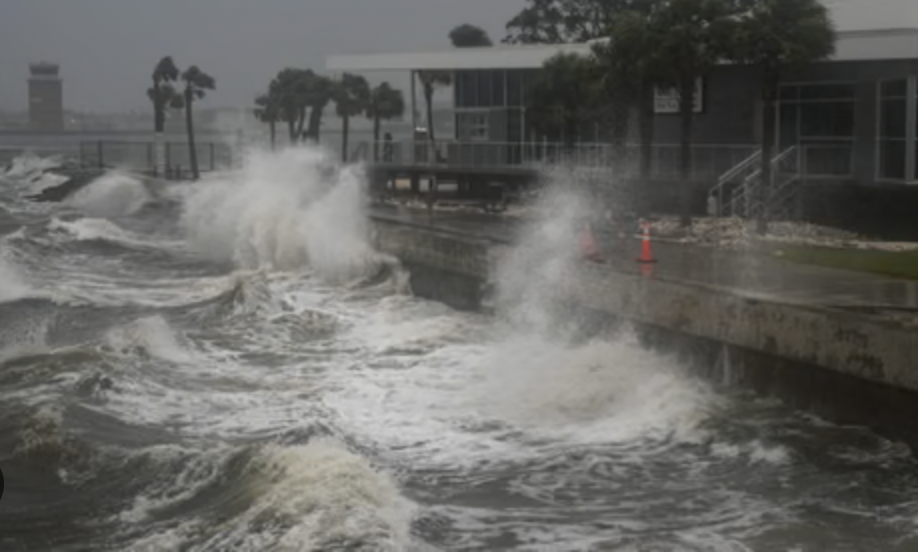Hurricane Havoc: The Devastating Impact on Fish Populations
Hurricanes, particularly those in the higher categories, can have a profound and long-lasting impact on marine ecosystems. One of the most vulnerable components of these ecosystems is fish populations. The destructive forces of hurricanes can disrupt habitats, alter water quality, and directly impact fish survival.
Habitat Destruction:
Mangroves and Seagrass Beds: These coastal habitats provide crucial nurseries and food sources for fish. Hurricanes can uproot these plants, leading to erosion and loss of habitat.
Coral Reefs: Hurricanes can cause significant damage to coral reefs, breaking them apart and smothering them with sediment. Coral reefs are vital for biodiversity and support a wide range of fish species.
Water Quality Issues:
Pollution: Hurricanes can transport pollutants, such as agricultural runoff and sewage, into coastal waters. These contaminants can harm fish directly and disrupt the food chain.
Salinity Changes: Freshwater runoff from hurricanes can alter salinity levels in coastal waters, affecting fish that are adapted to specific salinity conditions.
Direct Impact on Fish:
Displacement and Mortality: Strong winds and storm surge can displace fish from their habitats and cause direct mortality.
Stress and Disease: The sudden changes in environmental conditions caused by hurricanes can stress fish, making them more susceptible to diseases and parasites.
Long-Term Consequences:
The long-term consequences of hurricane impacts on fish populations can be severe. Habitat destruction can lead to declines in fish abundance and diversity. Changes in water quality can disrupt the food web and affect the overall health of the ecosystem.
Recovery Efforts:
Recovering from the effects of a hurricane on fish populations requires a multifaceted approach. This often includes:
Habitat Restoration: Restoring damaged mangrove forests, seagrass beds, and coral reefs.
Water Quality Management: Implementing measures to reduce pollution and improve water quality.
Fishery Management: Implementing sustainable fishing practices to help populations recover.
Hurricanes are a natural part of the coastal environment, but their impacts on fish populations can be devastating. By understanding these impacts and taking proactive steps to protect marine ecosystems, we can help ensure the long-term survival of fish species and the health of our oceans.


